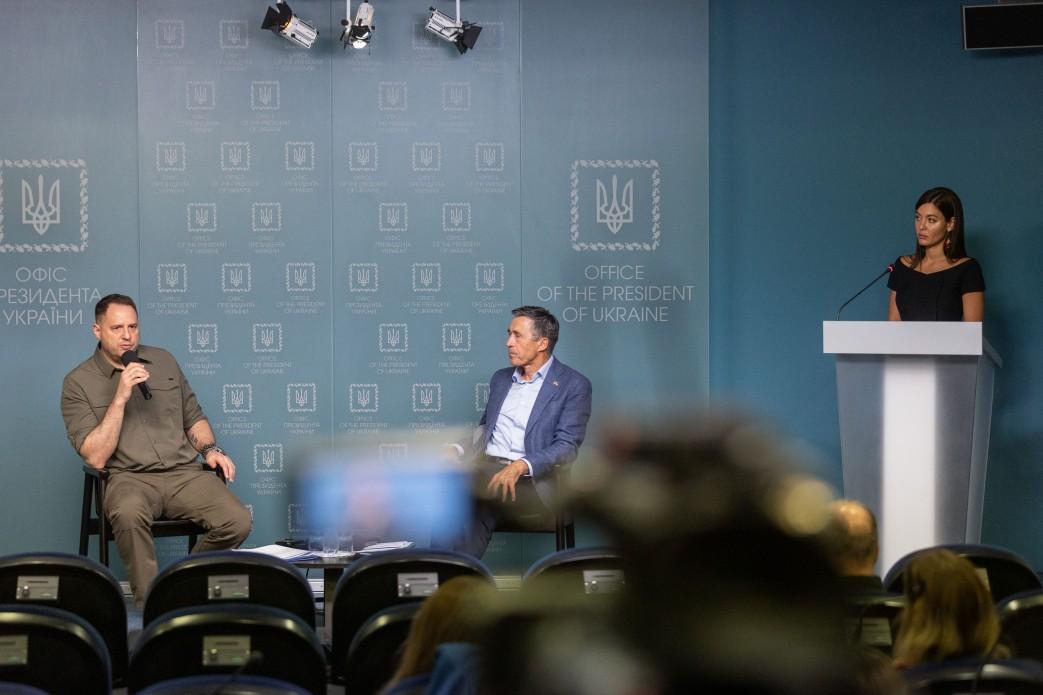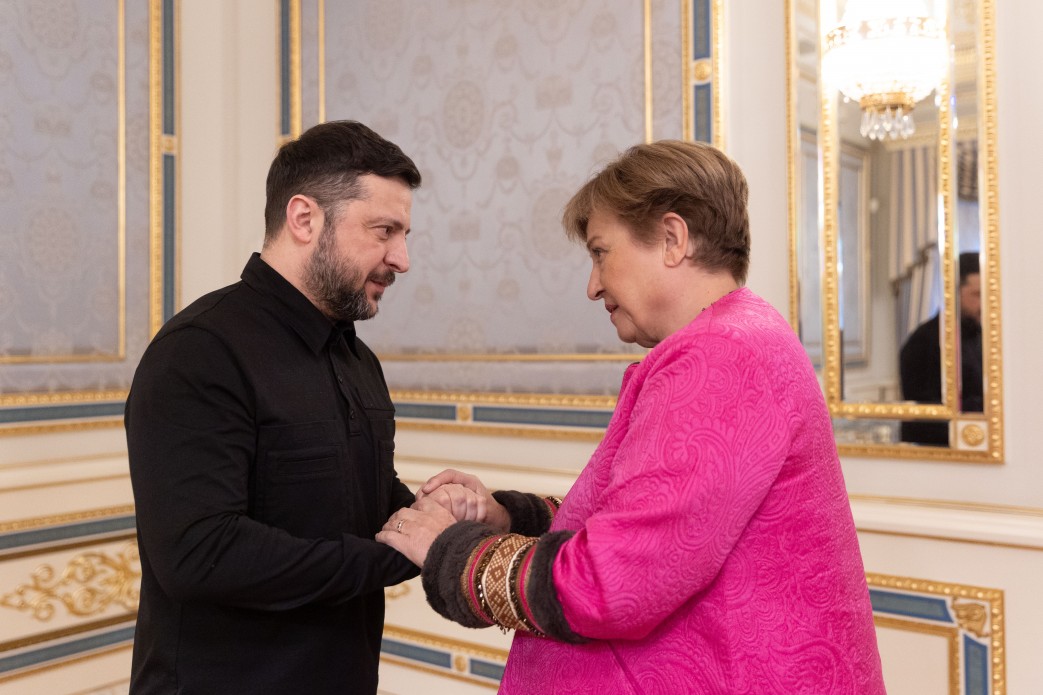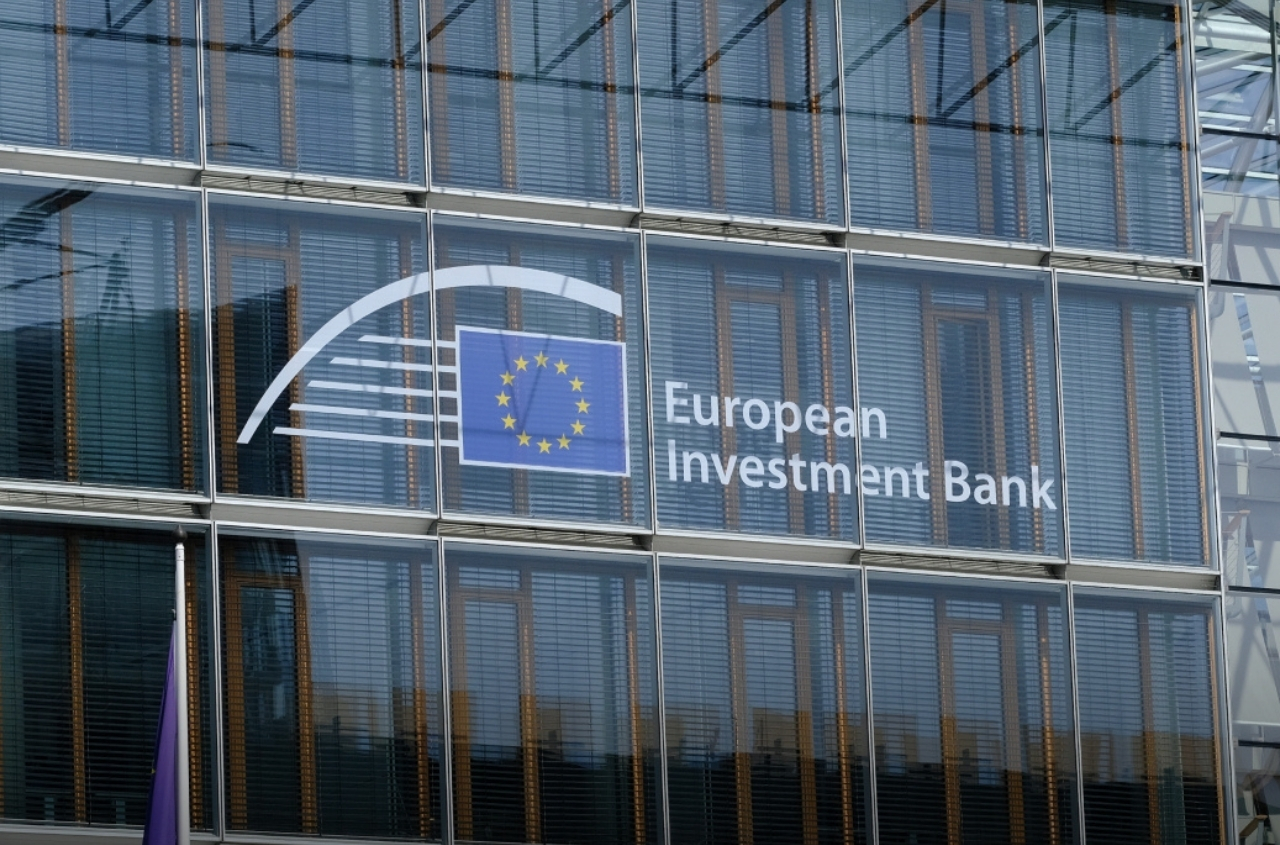Head of the Office of the President of Ukraine Andriy Yermak notes that our state seeks the conclusion of an agreement on security guarantees, which would contain clear legal obligations and specific terms of response in the event of a new potential aggression against Ukraine.
He said this during a meeting with media representatives dedicated to the presentation of recommendations on security guarantees for Ukraine developed by the Yermak-Rasmussen International Working Group.
"The document we are presenting today is recommendations. It is not the final text of the future security treaty. But I would like to emphasize the importance for us that this document is legally binding," Andriy Yermak emphasized.
According to him, the future security structure for Ukraine should include not only a large framework agreement, but also the possibility of signing more detailed bilateral agreements, as well as agreements that may be aimed at solving certain issues. For example, agreements on air security to protect Ukrainian skies, or on security in the Black Sea region.
"It is important that all these agreements be ratified by the parliaments of the countries, which would give them a legally binding character," he is convinced.
Andriy Yermak noted that Ukraine will insist that the future compact contain clear terms.
"Today, the whole world saw its mistake that such powerful tools as, for example, sanctions, were not used before the start of the war. Therefore, it is extremely important for any potential aggressor to see in this document: if he does something, this and that will happen within 24, 48, 72 hours. And directly in the text of the compact, of course, these terms will be specified," he said.
For his part, former NATO Secretary General Anders Fogh Rasmussen explained that the name of the future document is compact. This allows avoiding the association with the Budapest Memorandum, which is ineffective, and this term is much more powerful.
He emphasized the importance of undertaking political commitments so that the defense aid to Ukraine in the event of a new aggression is provided urgently.
"If Ukraine is attacked again in the future, then at its request, the guarantors will have to gather for collective consultations within a very short time, for example 24 hours. And on the basis of these consultations, the guarantor countries, together or individually, can take measures within, for example, 72 hours," said Anders Fogh Rasmussen.
Andriy Yermak concluded that from now on Ukraine's task is to work out basic proposals with all partner states capable of becoming guarantors of its security, to build such political and legal mechanisms that will not give the aggressor a single chance.





















